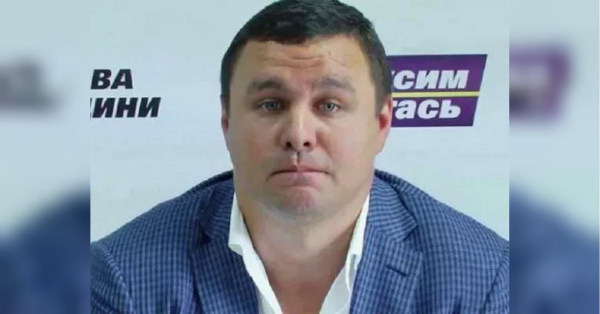
SARAJEVO, Bosnia-Herzegovina — Thousands of Bosnians took to the streets on Monday to demand authorities act to curb violence against women after a man last week shot and killed his ex-wife while streaming the slaying live on Instagram.
Protests were held simultaneously in several Bosnian cities. In Sarajevo, the capital, a huge crowd of people walked through the city center to press for more protection for women, curbing of violent media content and control of police work in cases of violence.
Participants carried banners reading “Silence is approval,” “We won't live in fear” or “Stop femicide.” Protesters in Sarajevo held up a huge banner reading “Sarajevo against violence," echoing a slogan of monthslong street protests in neighboring Serbia.
“Today Sarajevo is saying no to violence and showing support to all the victims of violence,” said Mayor Benjamina Karic, who was at the front of the marching protesters.
Bosnia's Human Rigths Minister Sevlid Hurtic called for legal changes to enable strict punishment for violence against women and femicide.
Bosnia's citizens were angered in particular because of reports that the women who was killed on Friday in the northeastern town of Gradacac had reported harassment and violence to the authorities, and because the shooter had a police record.
The man posted a video on Instagram on Friday morning, telling viewers that they would see a murder live. The video then shows him taking a gun and firing a bullet into a woman’s forehead as the cry of child is heard from somewhere nearby. The video later was removed from Instagram.
The shooter, identified as Gradacac resident Nermin Sulejmanovic, also killed two more people and wounded three others before killing himself. Bosnian media said Sulejmanovic, 35, was a bodybuilder and fitness coach with past arrests on charges of drug smuggling and attacking a police officer.
The victim, Nizama Hecimovic, was buried on Monday in Gradacac; several thousand people attended her funeral.
Violence against women is widespread in Bosnia and elsewhere in the Balkans where societies are mainly conservative and male-dominated. The region also is still reeling from a series of bloody conflicts in the 1990s' that followed the breakup of the former Yugoslavia.
Bosnia remains ethnically tense and impoverished after the 1992-95 conflict that killed 100,000 people. In Serbia, two mass shootings in May triggered street demonstrations calling for an end to the culture of violence, fueled by mainstream media and officials.
Sourse: abcnews.go.com






